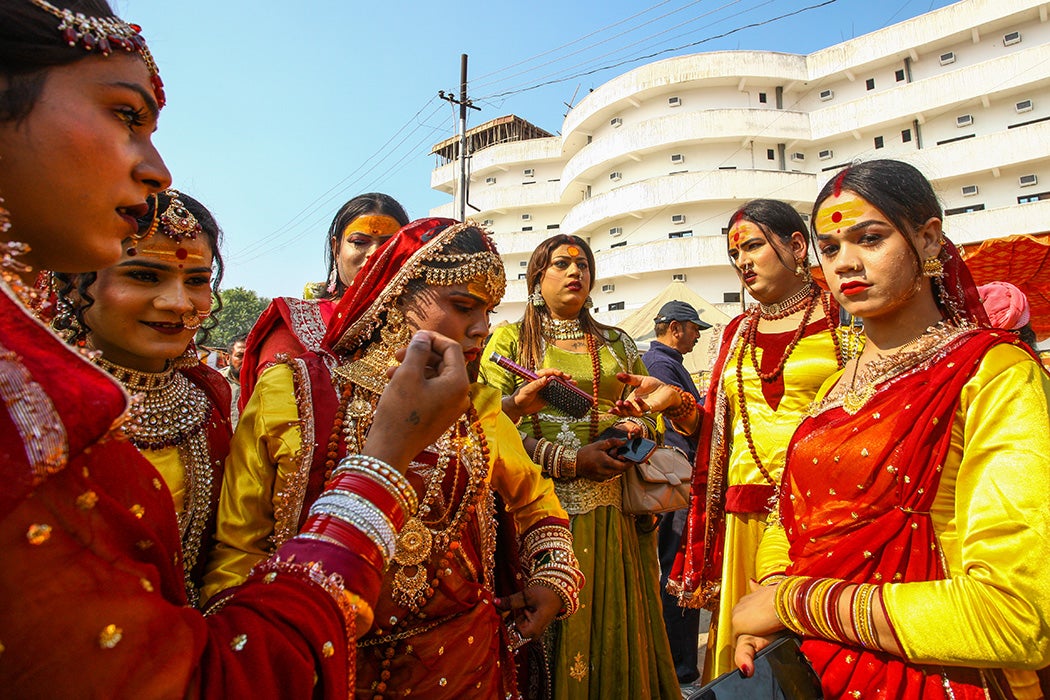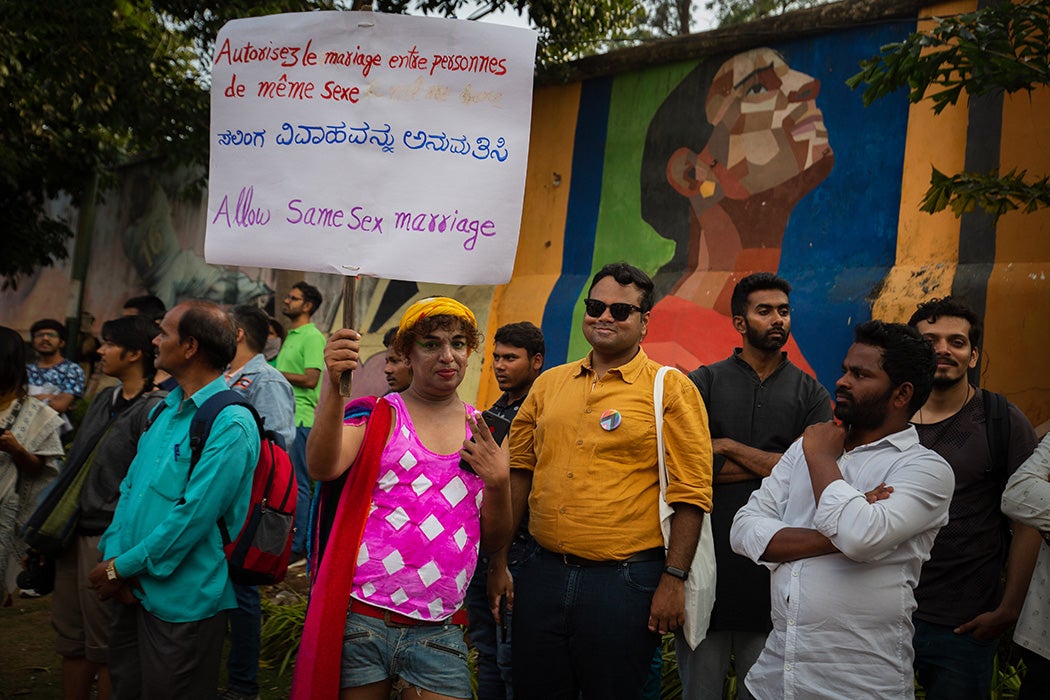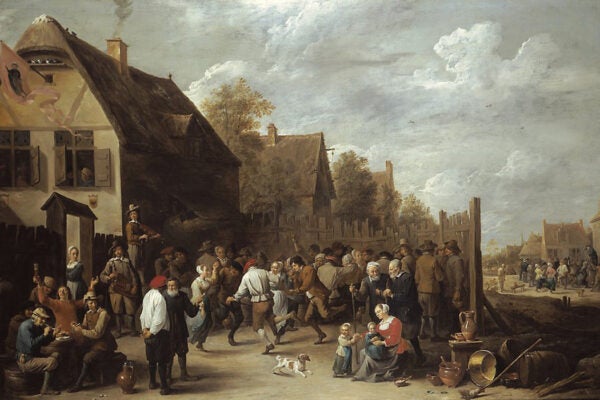All over the world trans and nonbinary people face discrimination and misunderstanding. A. Revathi, a Tamil trans woman writer and activist, explains that in India, trans men and women struggle in different ways due to the way society views them.
Revathi writes that both trans women and men can be found in ancient Indian texts. In more recent centuries, Indian society has continued to recognize trans women, who may be referred to by terms including hjira, thirunangai, jogti, shiva shakthi, ardhanari, and kinnar. Often kicked out of their family homes, these women commonly live in extended families called jamaat, headed by an elder who “adopts” younger ones as daughters.
Trans women also receive official recognition from the government and health organizations, which view them as a target group for HIV prevention and treatment. In part, this is because they’re frequently forced into street-based sex work to support themselves. Another acceptable career option is participating in performance and rituals for occasions like weddings or the birth of a child.
Since the 1990s, non-governmental organizations have also offered jobs for trans women. And some have risen to prominent professional positions while being open about their identity and, often, speaking out for trans rights.
More to Explore
The Legal Struggles of the LGBTQIA+ Community in India
However, Revathi writes, the modern situation for trans men is quite different because many in India don’t recognize their existence. There is no traditional male equivalent to the jamaat—though Revathi noted that she has a maternal relationship with a number of young trans men. Many trans men don’t have models for their identity and may marry as women—or be forced into marriage—before they have a chance to explore their gender and come out.
Weekly Newsletter
Like trans women, they may be vulnerable to employment and housing discrimination, especially if the legal gender shown on their ID doesn’t match their appearance. And they may also face sexual harassment or assault.
While trans men, like trans women, may receive surgical and hormonal treatments, phalloplasty is financially out of reach for many. Revathi writes that her organization has been working to have those who have undergone only top surgery and hormone treatment to be formally recognized as men. Yet, she adds, even without being socially or legally recognized, many trans men find ways to live as they wish just as she and other trans women have.
Support JSTOR Daily! Join our membership program on Patreon today.








